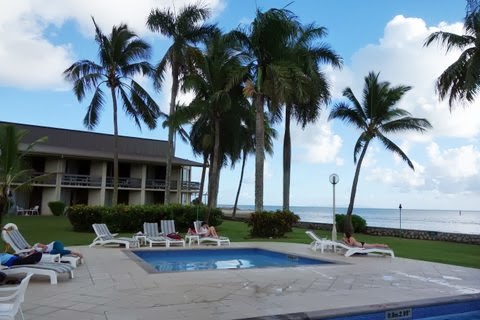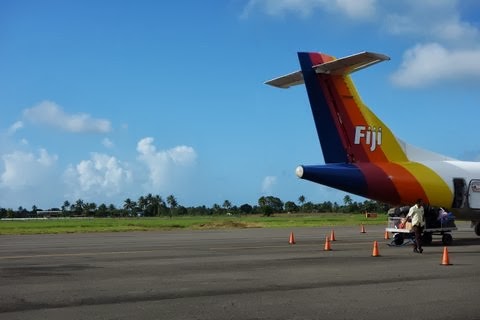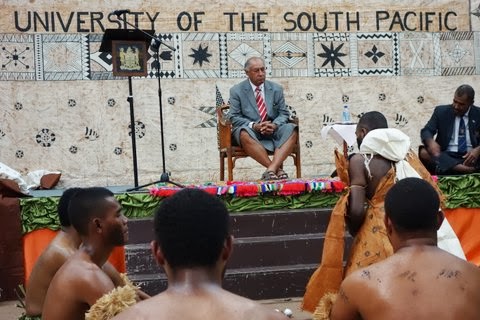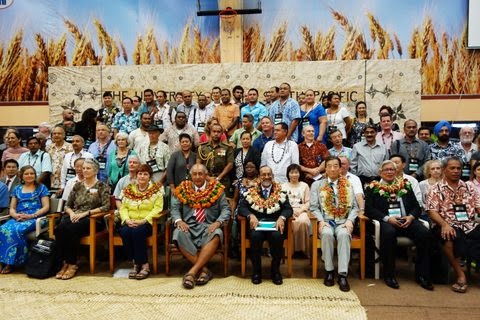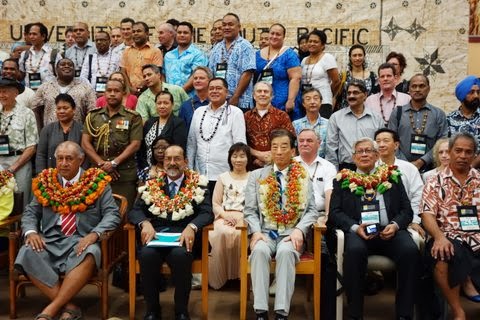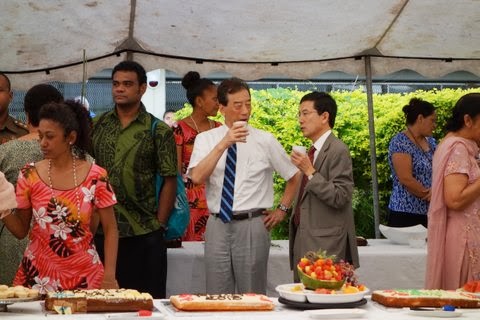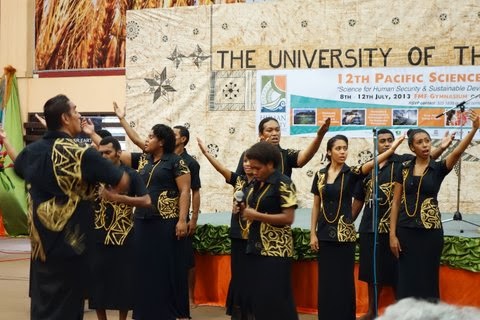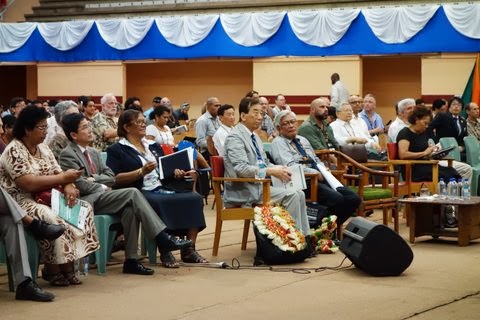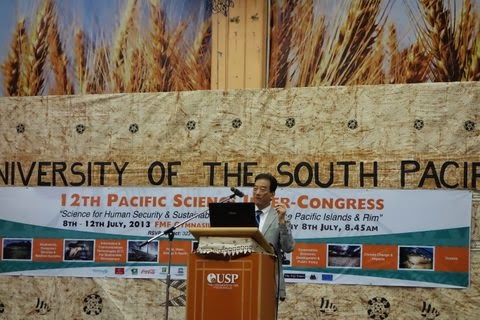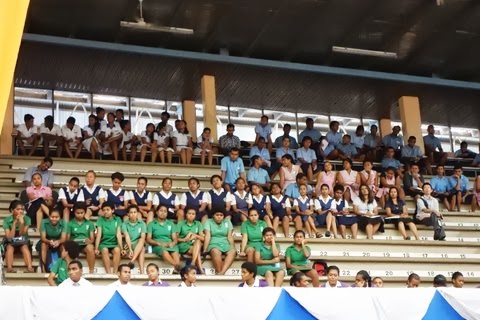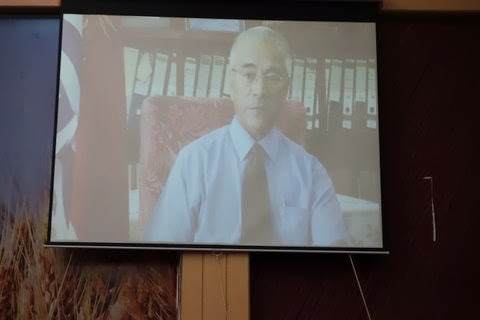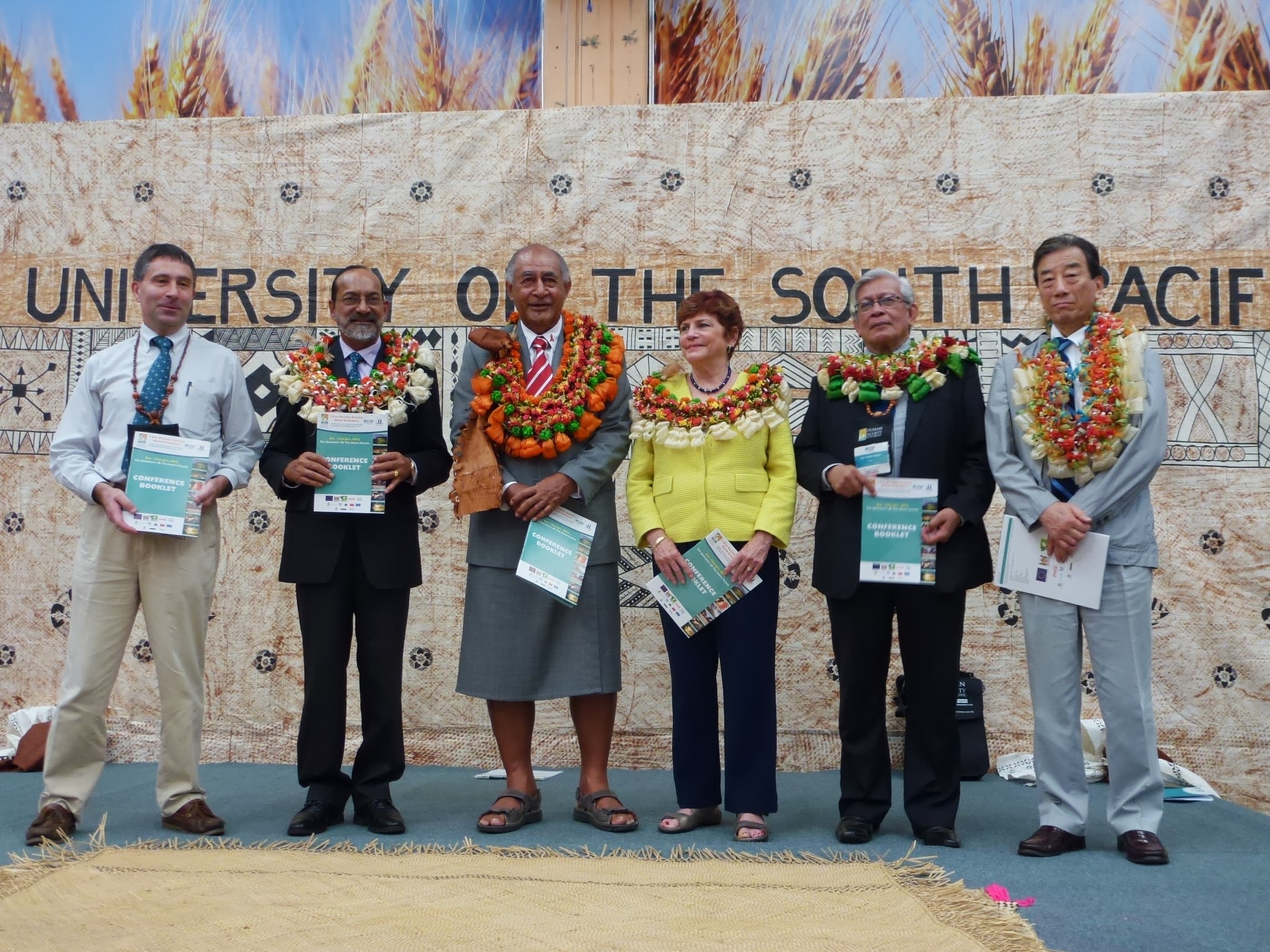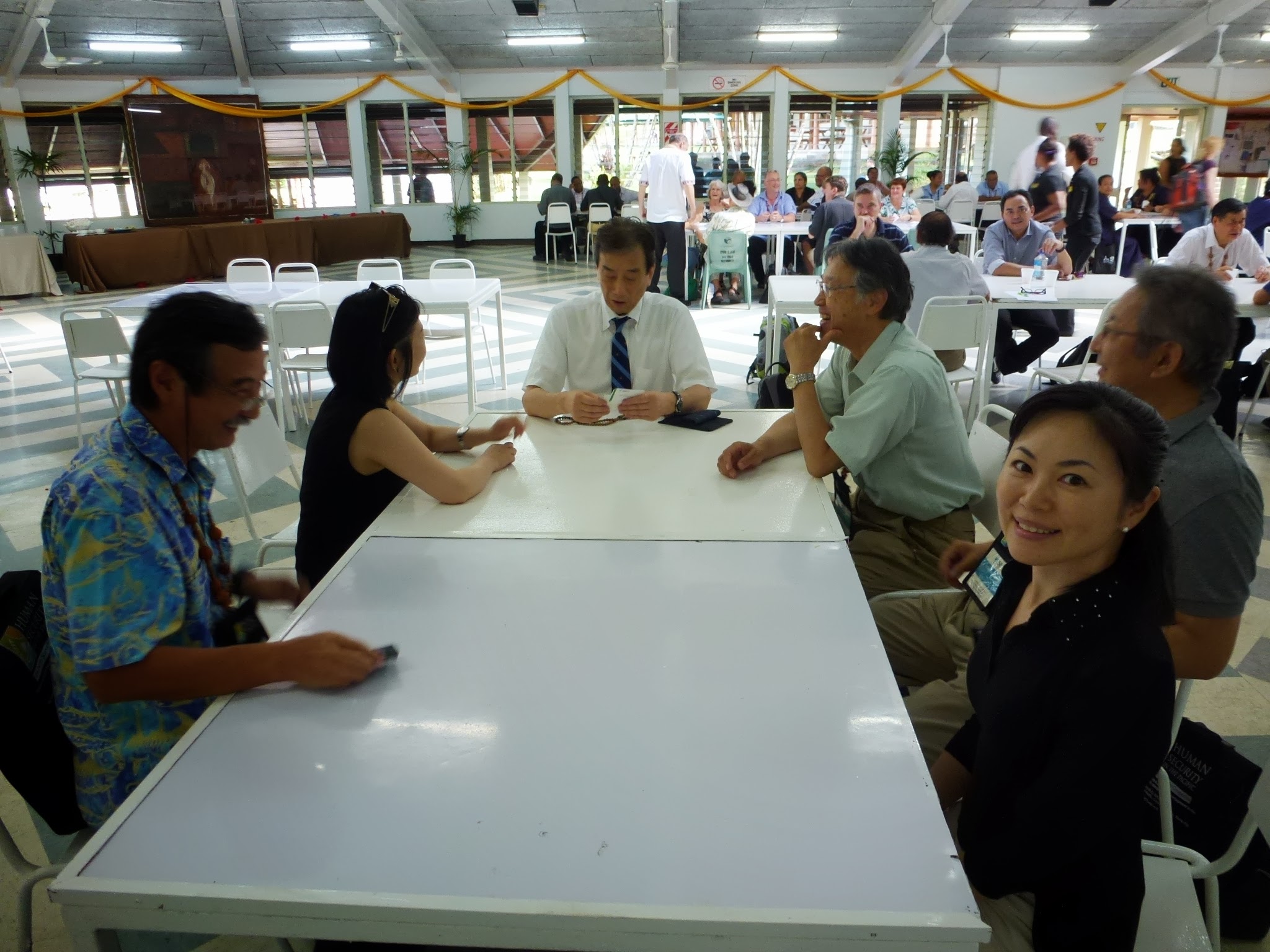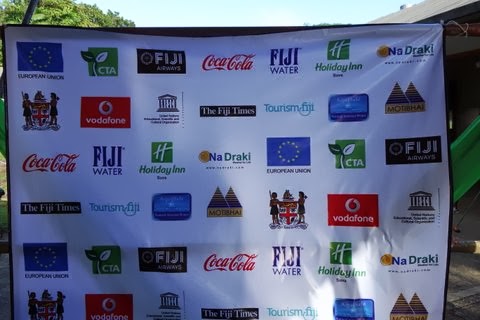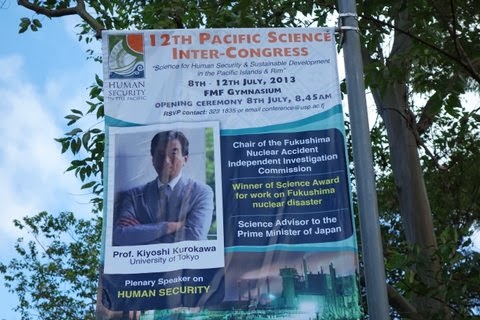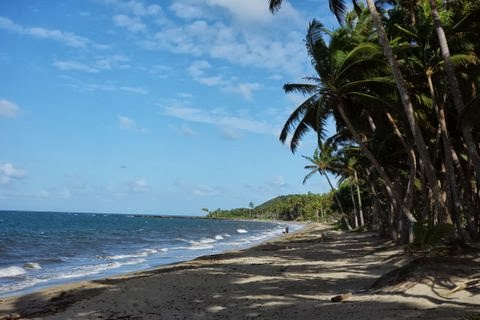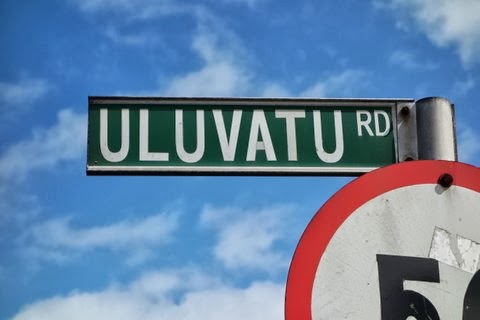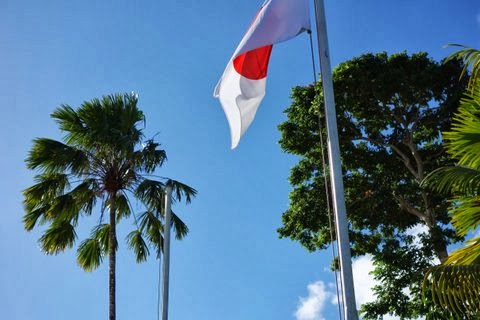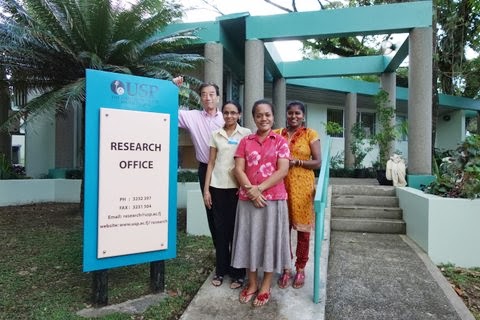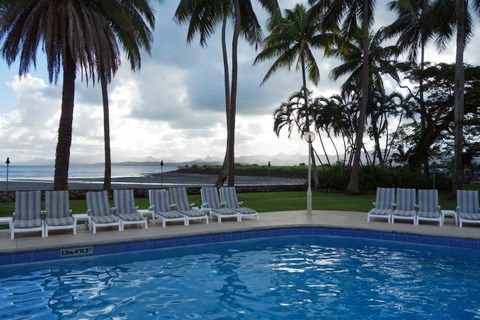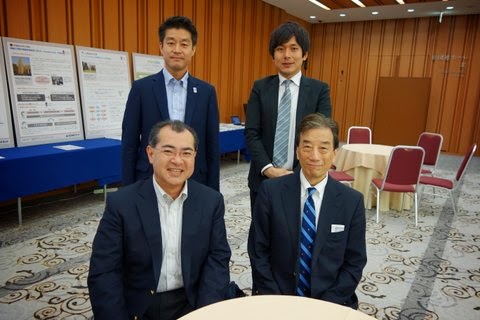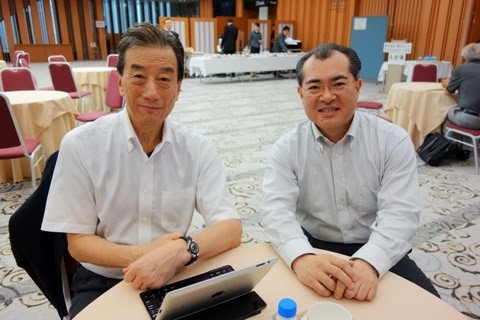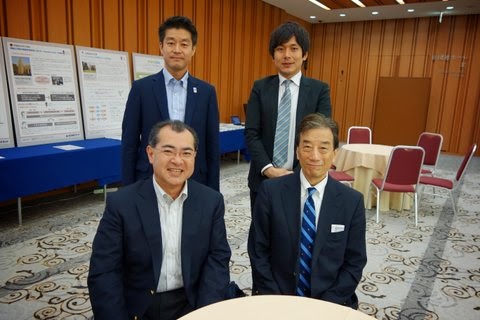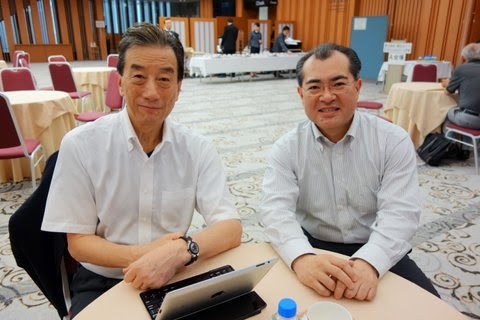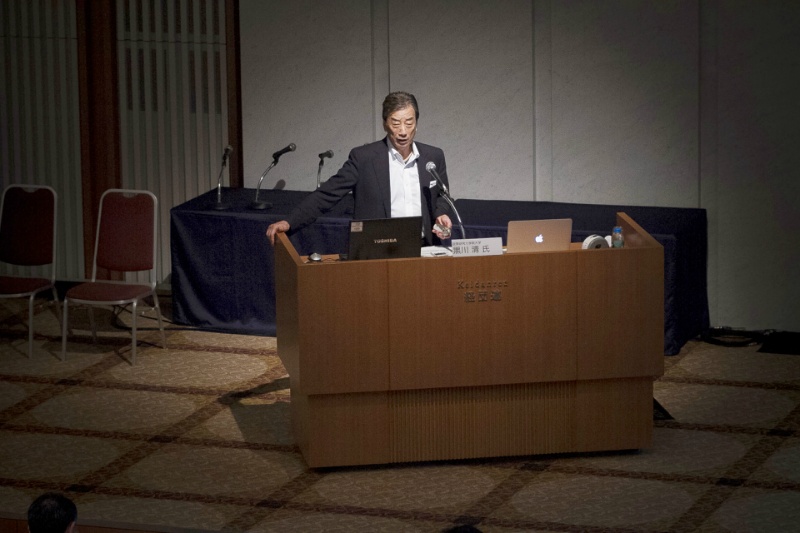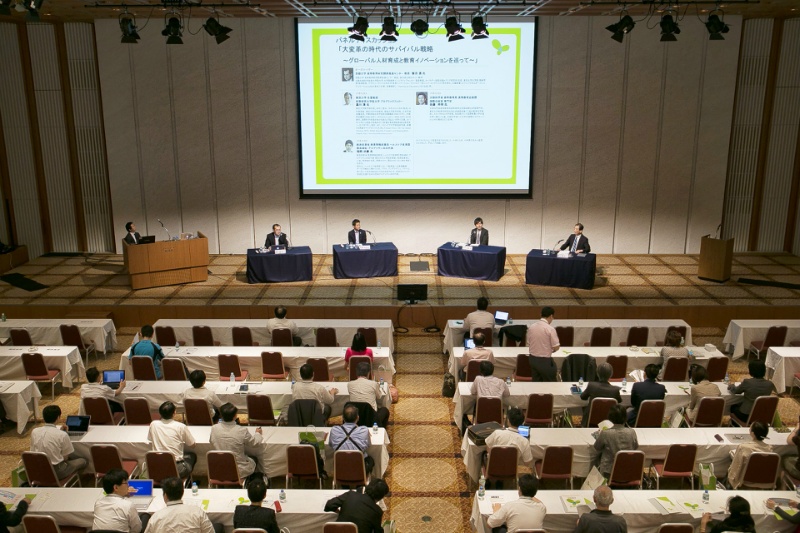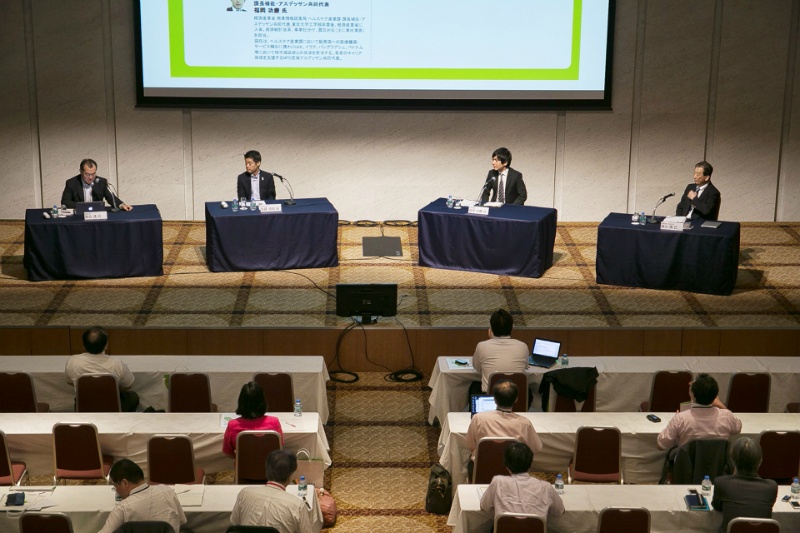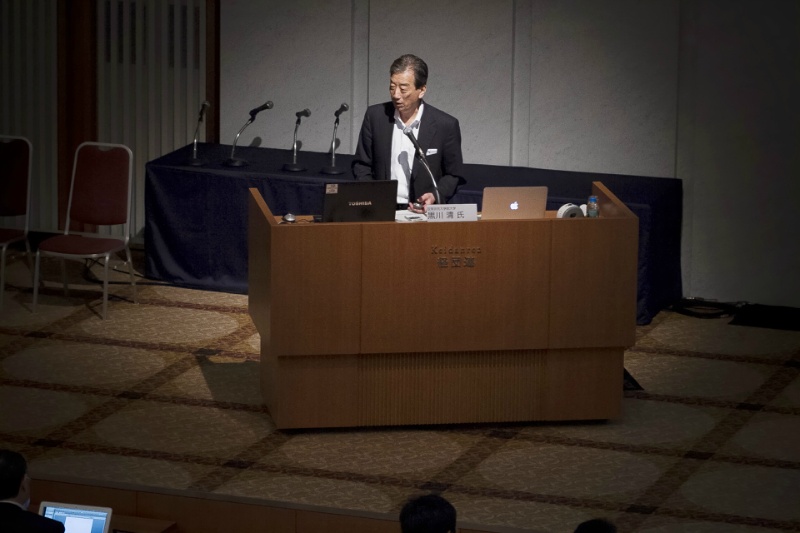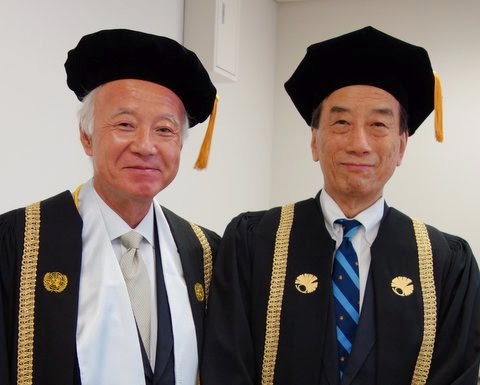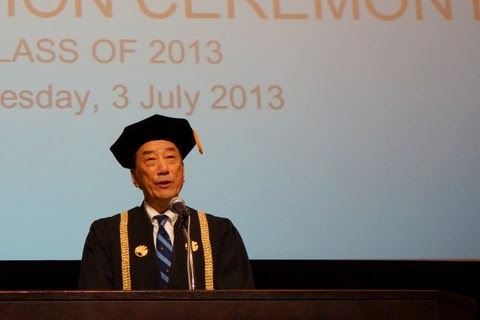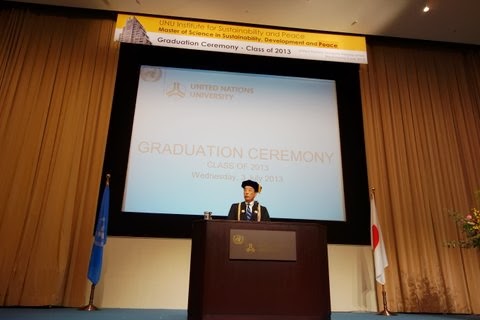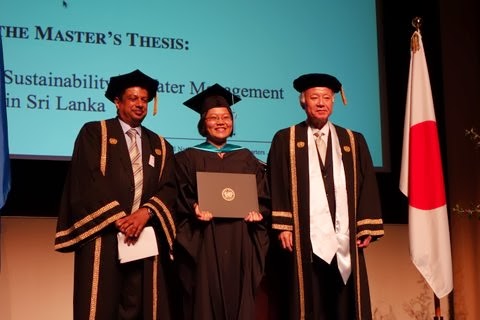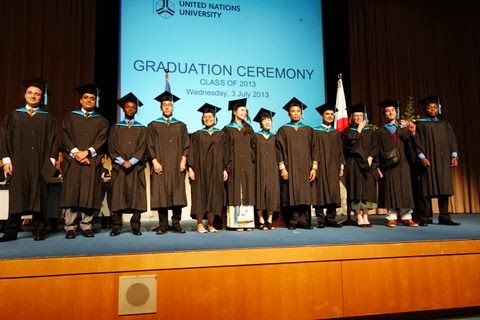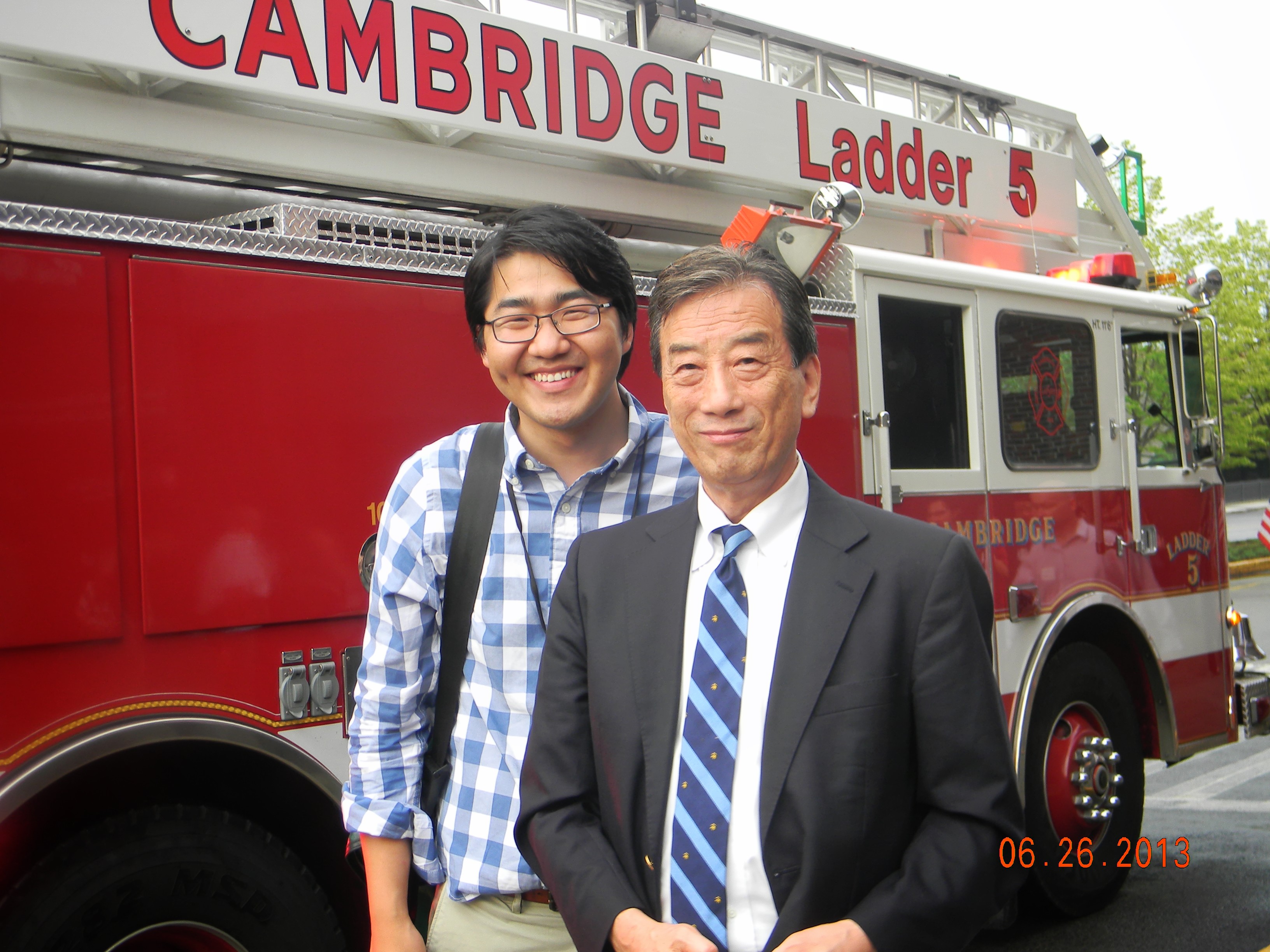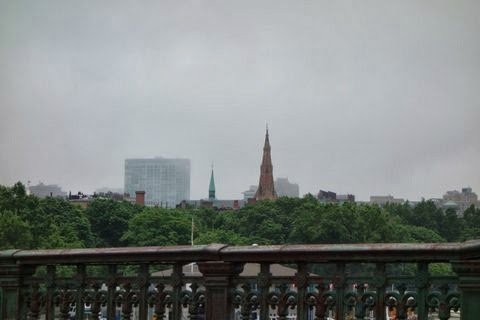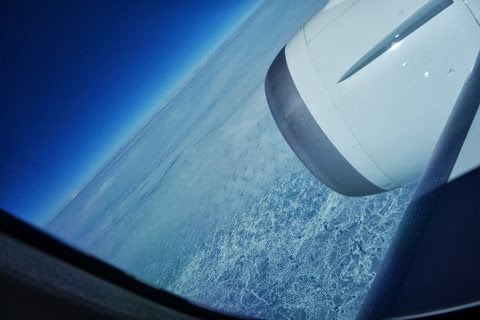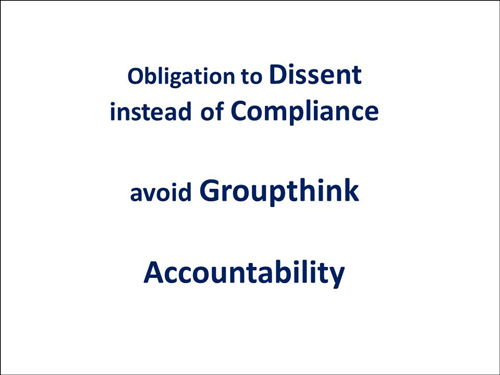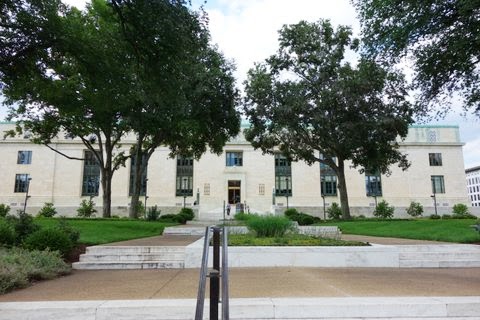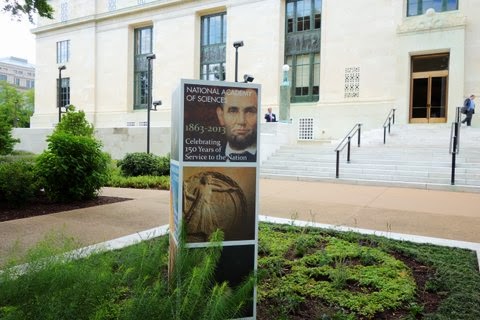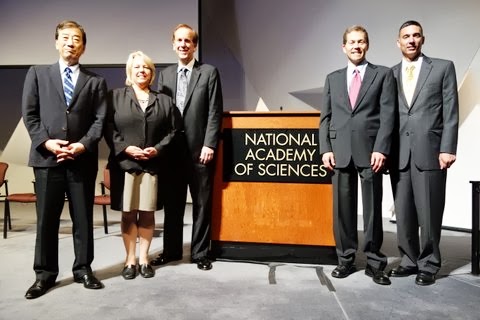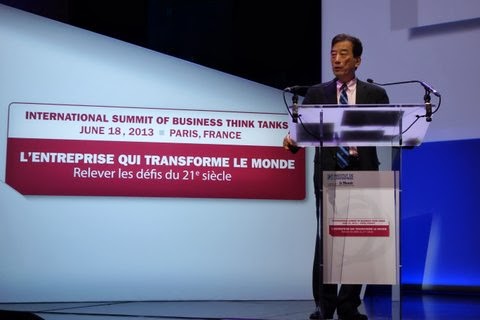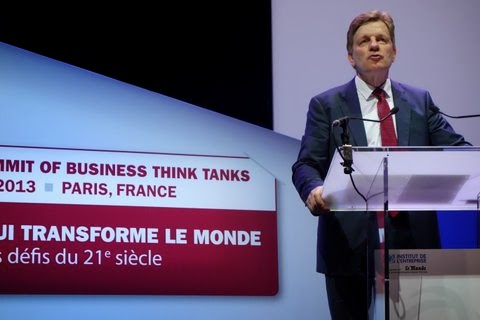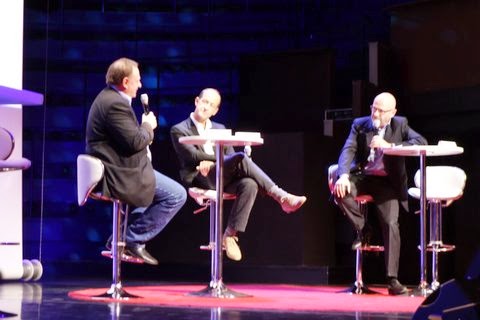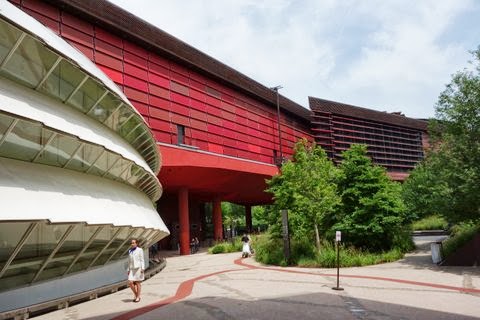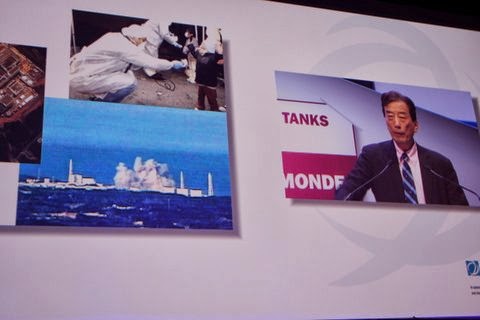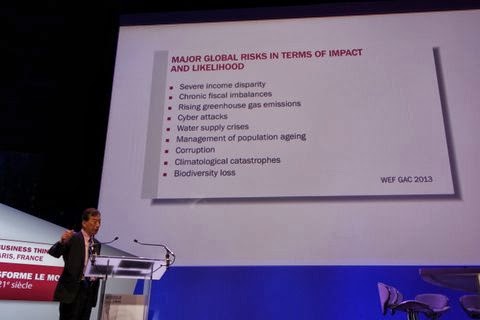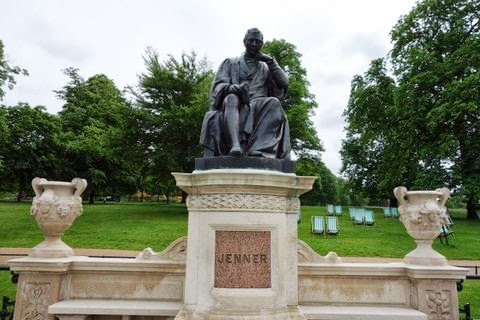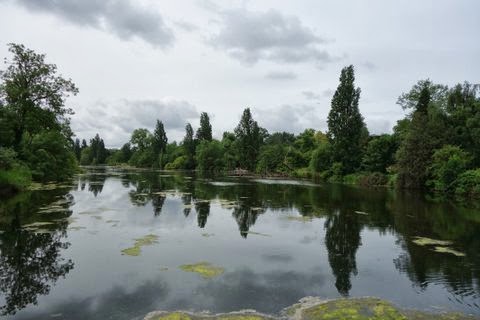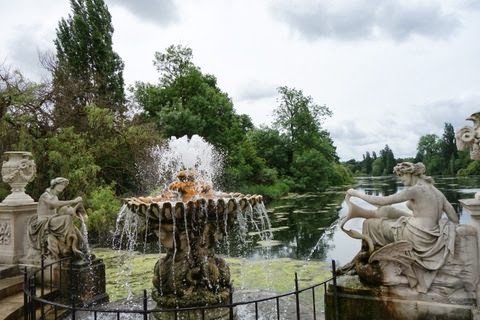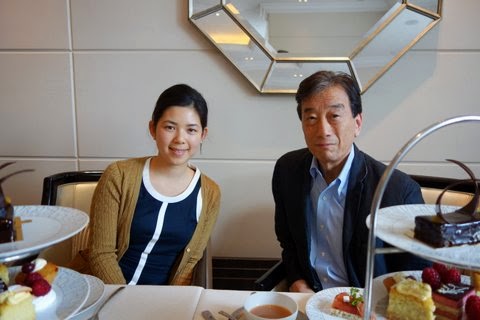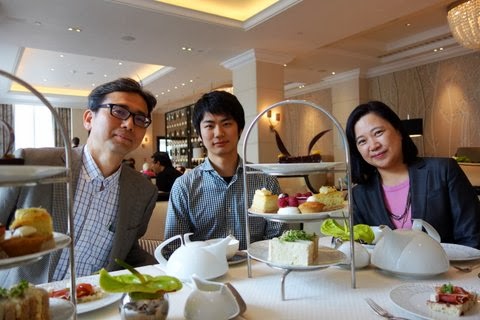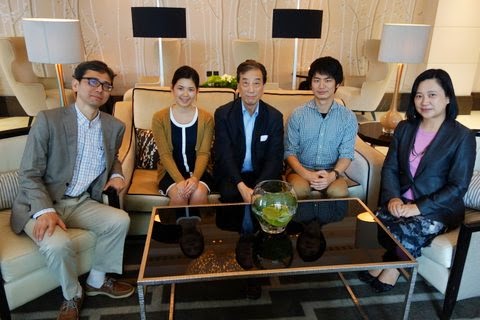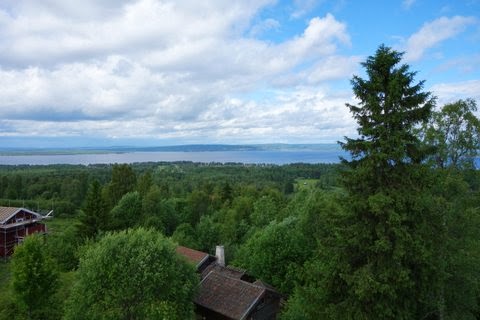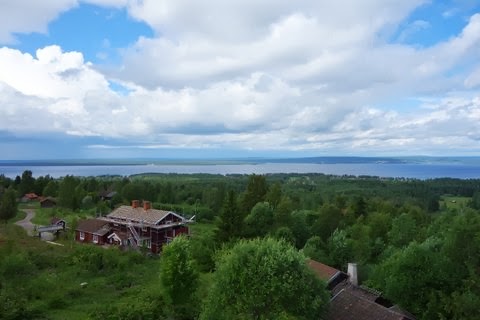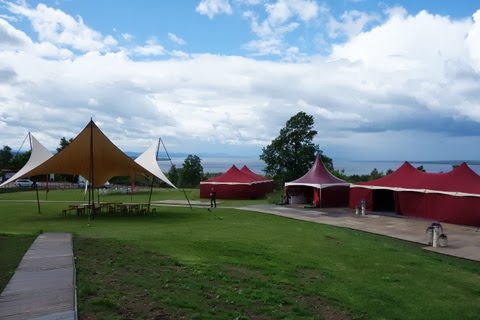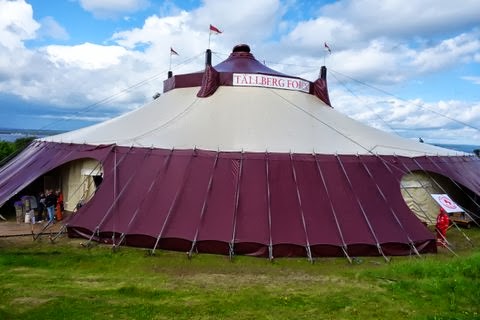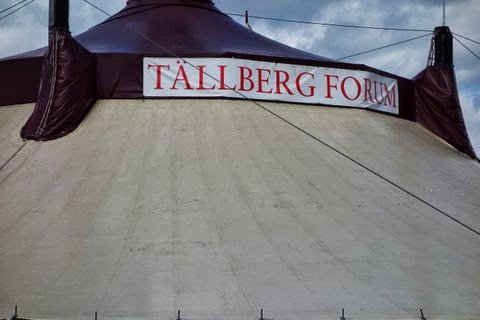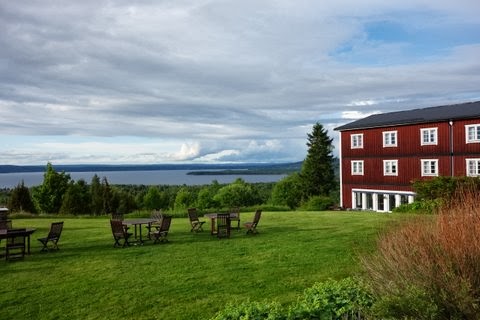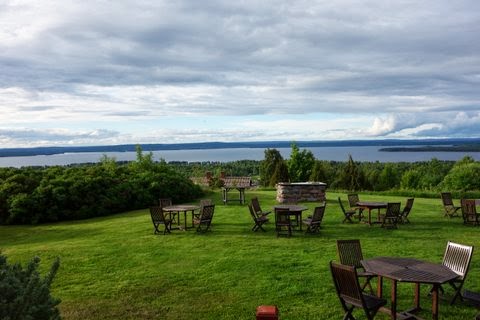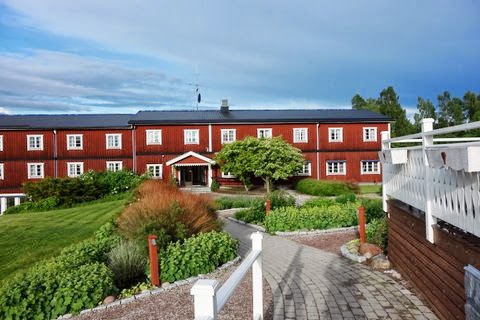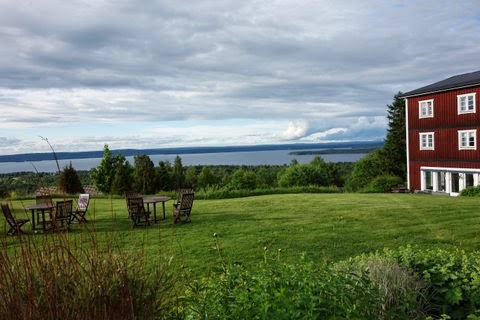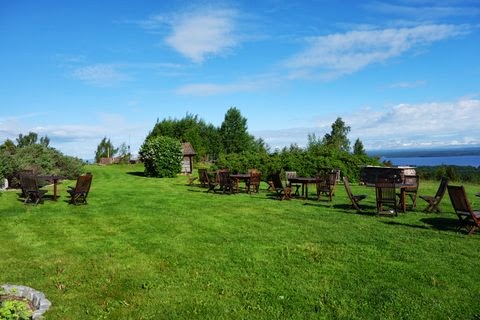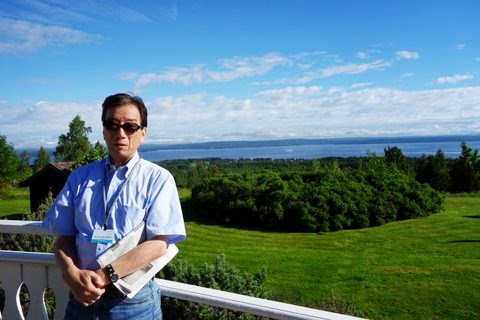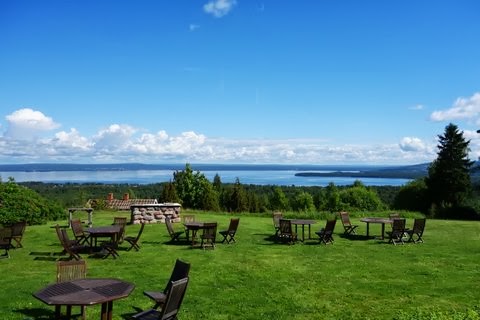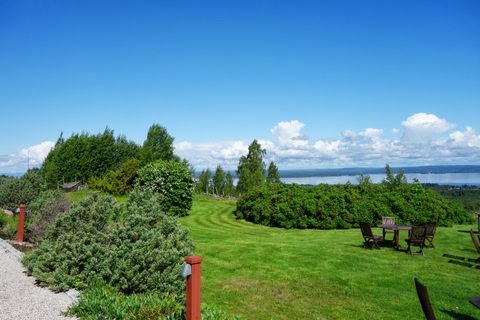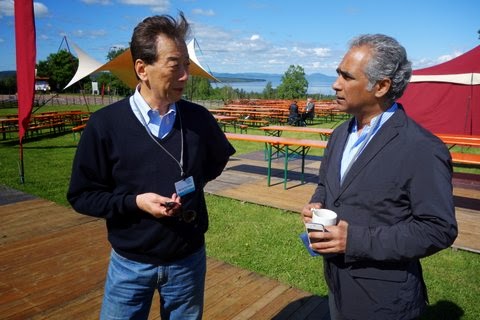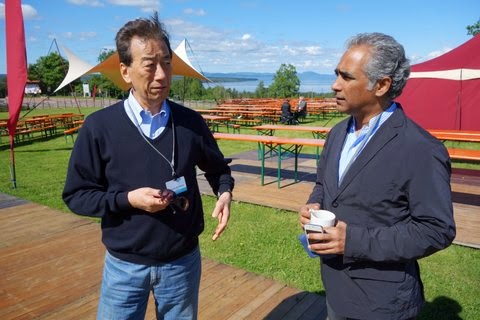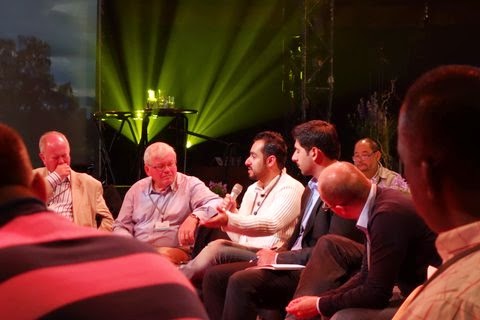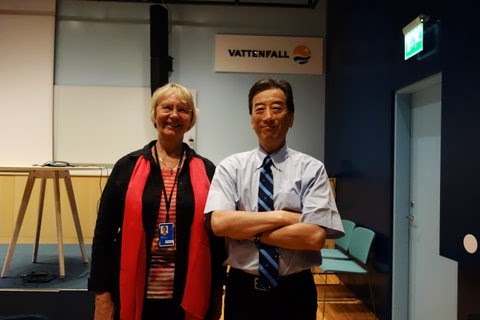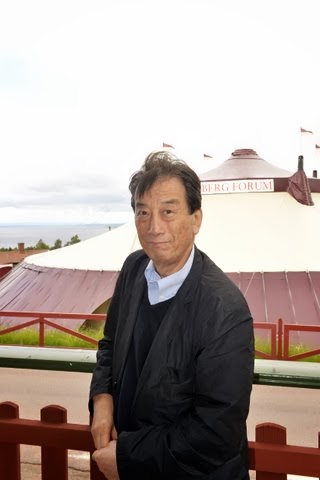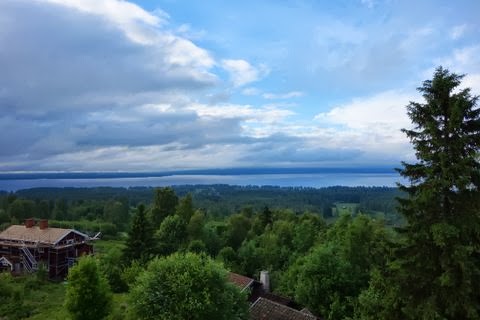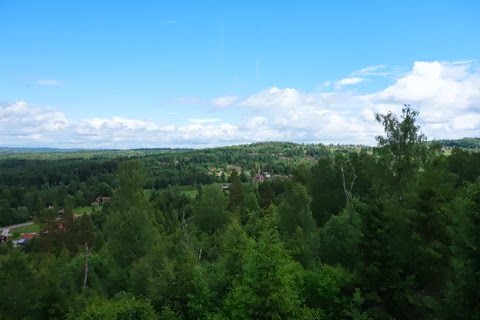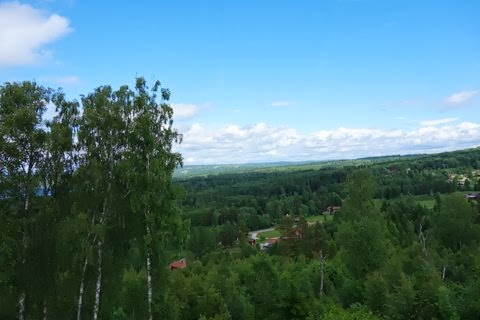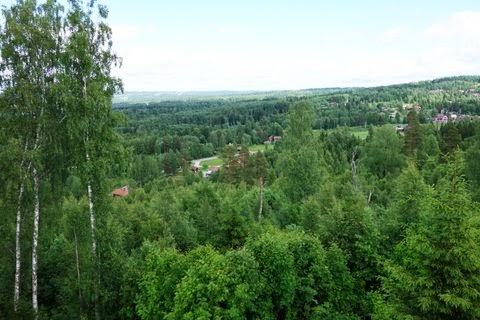→Japanese
To Washington D.C. Dulles from Paris via Chicago O’Hare.
After being picked up at the Dulles airport, Washington DC, I went directly to the hotel, where I checked my powerpoint presentation.
The next morning, I went to the National Academy of Sciences (NAS), which is across the street from the State Department. It has been two years since the last time I went there, and it is slightly bigger and the renovation has been completed.
Here, I attended a meeting hosted by the NAS on cooperation between countries with alliances for measures against CBRNE (Chemical, Biological, Radiation, Nuclear and Explosives). I gave the keynote speech, entitled, “Opportunities and Challenges in Coordinating the Response to CBRNE Events: Fukushima Daiichi, A Case Study.” Executive Director of the Office of International Affairs of the NAS, Dr. John Boright, my old friend, introduced me quite a very nice way. This meeting and lecture can be viewed online.
Due to the nature and the topic of the meeting, representatives from the Department of Homeland Security, the Department of Defense, the Federal Emergency Management Agency (FEMA), and the military also were in attendance.
It felt nostalgic when I met with officials from the Department of Defense whom I had met during my visit of the National Diet of Japan Fukushima Nuclear Accident Independent Investigation Commission (NAIIC) to Washington D.C. and Counselor of Security, Mr. Tsugita from the Japanese Embassy, whom I have known for a long time.
It is commendable that in the U.S., there are public meetings on such topics, hosted by the National Academy of Science in response to governmental request.
This year happens to be the 150th anniversary of the NAS, founded by President Lincoln, and there are many events going on. The founding spirit of the NAS is that it is an independent, private entity, which provides the government with advice on policies. This spirit has withstood many years of change and is the foundation of the National Academy of Sciences of the United States of America, which represents the scientific community and is widely trusted by the American public and the world.
Even if such an example is imitated in Japan, without an understanding of the spirit, history and civic culture of the nation, many things will be will be lost in translation. In these past 150 years, there have been many such cases in Japan’s rapid modernization. This tendency has not changed and is still apparent today.
In this lecture, as an example of this, I pointed out the word “accountability” and how it’s meaning has been lost in translation (see top image, it has been edited slightly for this website). I explained that in Japanese, accountability is translated as “the responsibility to EXPLAIN.” Upon hearing this, the audience showed a surprised reaction with laughter. The true meaning of this word is “the responsibility to carry out the duty it has been given.” It has more weight than the word ‘responsibility’. In every job or position, there comes a duty, and it is fulfilling this duty that is the job of people in higher positions. It makes me wonder who started using this mistaken translation. I hope it is not someone who was in a top position.
Furthermore, I talked about ‘groupthink’ (see above image). Please ‘Google it’ in English and in Japanese. What does everyone think about the meaning of this word in Japanese? My view is that it is a herd of elites that never learns. My comments are on this site.
Underlying this mind set is the refusal to understand the significance of the “obligation to dissent” (see above image) and a society that excludes individuals who are different, who disagree and dissent. This can be seen in the weakness of the elites. If they do not acknowledge their weakness, they will forget to be humble and become arrogant.
It is this tendency for elites to take things for granted that is in the backdrop of the Fukushima nuclear accident. This self-serving mindset afflicts many elites resulting often major man-made disasters to the nation and the public.
Among the participants, there were many who had looked over the NAIIC report, of which I served as the Chairman. Some people said to me, “I understand better by listening to your talk. I have worked with many Japanese government officials before and I finally understand the things that were always unclear and did not make sense. Thank you.”
The NAIIC report is fact based and aims to have as little speculative and judgmental comments of the commission members as possible. For this reason, everything other than the introduction does not address specific matters of culture or society and presented ‘facts’ we found and learned. It may be difficult to grasp the true core message of the human factors, even for Japanese people.
This is the meaning of the ‘mindset’ and ‘single-track elites’ that is mentioned in the introduction at the beginning of the NAIIC report. In the English version, it is also mentioned in the “Message from the Chairman.”
I attended a dinner with the speakers and the hosts and departed the next morning. This was my third world-round trip this year.

